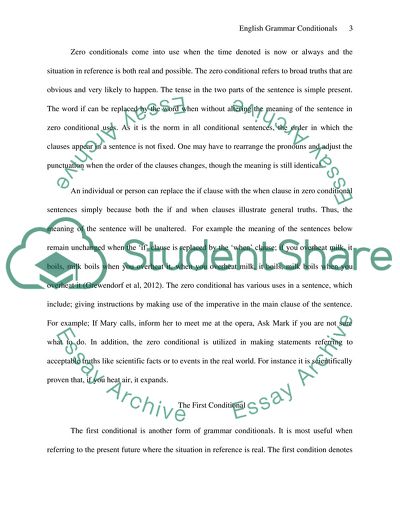Cite this document
(English Grammar: Conditionals Report Example | Topics and Well Written Essays - 1750 words, n.d.)
English Grammar: Conditionals Report Example | Topics and Well Written Essays - 1750 words. https://studentshare.org/english/1880859-english-grammar-conditionals
English Grammar: Conditionals Report Example | Topics and Well Written Essays - 1750 words. https://studentshare.org/english/1880859-english-grammar-conditionals
(English Grammar: Conditionals Report Example | Topics and Well Written Essays - 1750 Words)
English Grammar: Conditionals Report Example | Topics and Well Written Essays - 1750 Words. https://studentshare.org/english/1880859-english-grammar-conditionals.
English Grammar: Conditionals Report Example | Topics and Well Written Essays - 1750 Words. https://studentshare.org/english/1880859-english-grammar-conditionals.
“English Grammar: Conditionals Report Example | Topics and Well Written Essays - 1750 Words”. https://studentshare.org/english/1880859-english-grammar-conditionals.


